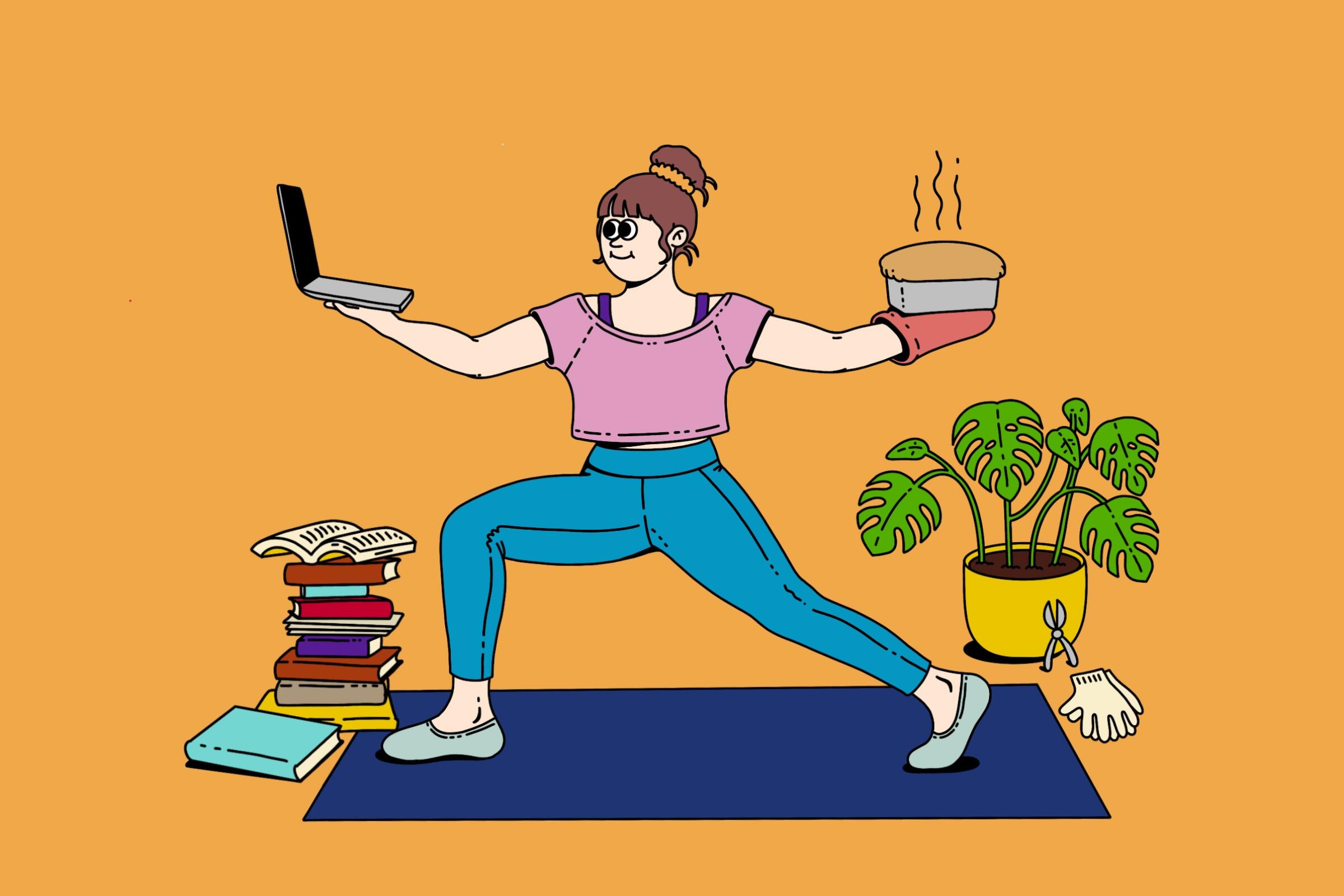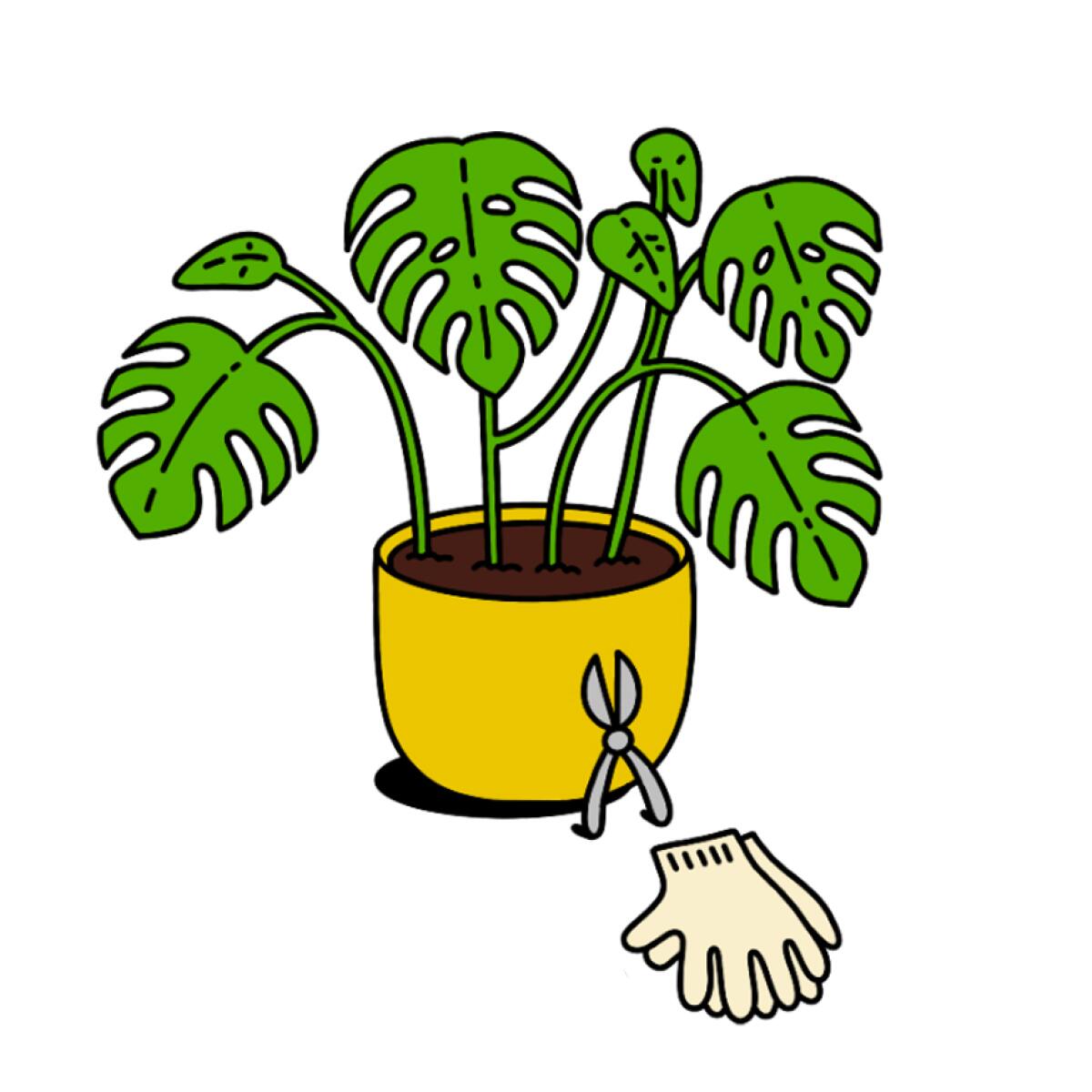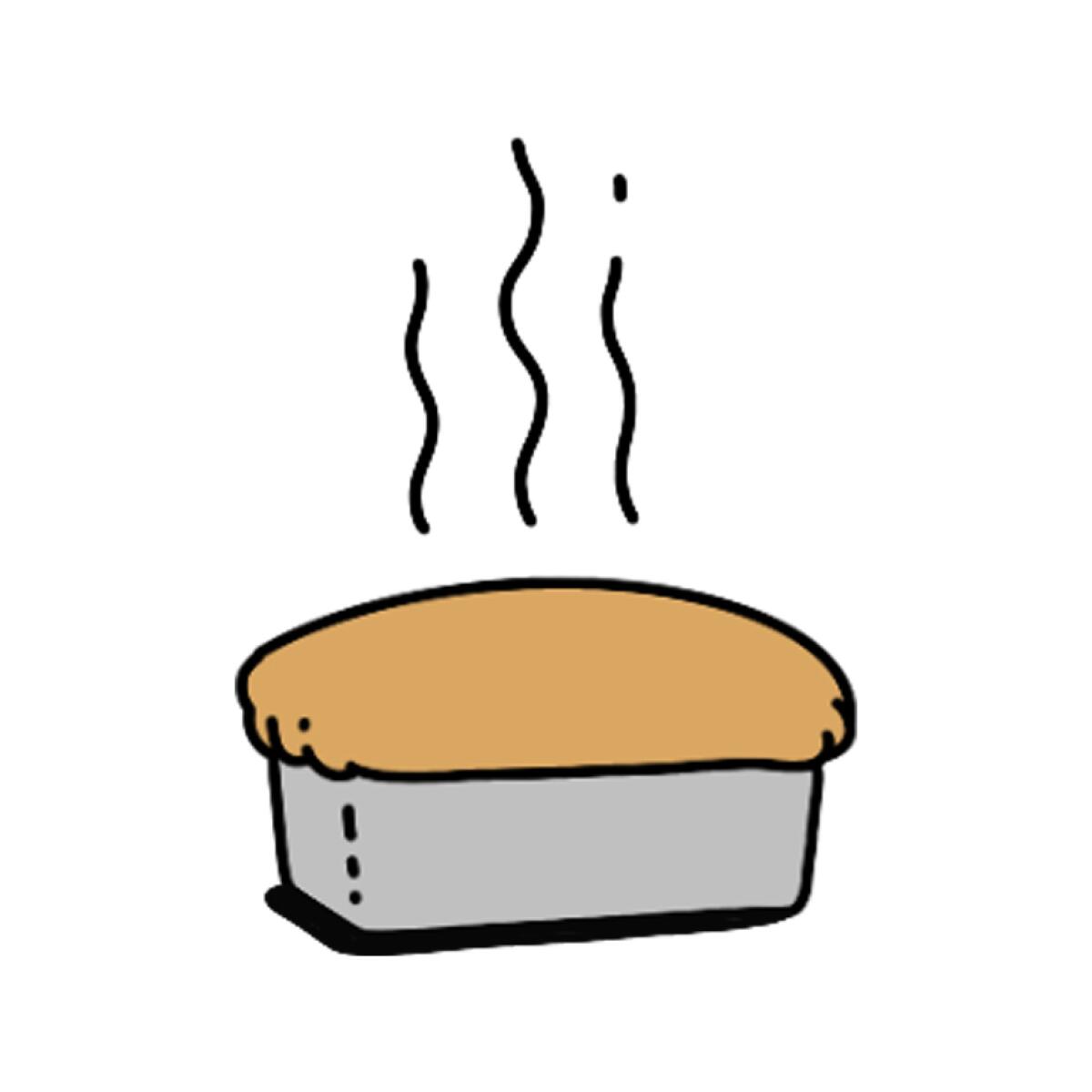Sign up for The Wild
We’ll help you find the best places to hike, bike and run, as well as the perfect silent spots for meditation and yoga.
You may occasionally receive promotional content from the Los Angeles Times.

As the California stay-at-home order enters its ninth week, residents are carrying out their lives with a mixture of uncertainty, frustration, gratitude and restlessness. One only needs to scan Instagram comments wryly comparing this time to “Groundhog Day,” enter a Zoom call with exhausted co-workers or talk to a parent tasked with teaching third-grade math to discern that staying home is difficult for many people — even if it’s accompanied by an appreciation for those working to keep us healthy, fed and sanitized.
For a small group, however, the unusual circumstances of being cloistered at home have proved a welcome change of pace, if not wholly enjoyable. And while no one is happy about the reasons we find ourselves in this abbreviated style of living, those well-suited to it are thriving.

“I feel like there wasn’t a world in which I was going to stop unless I was forced to,” says Shamin Walsh, a managing director in the venture capital world. During the stay-at-home order, the 35-year-old feels like she has more hours in the day — to cook, work out or take a break between work tasks. “It’s nice to be able to carve out your own time into increments,” she says. “Even eliminating that hour of commute time every day; it’s real time.”
“The traffic’s been awesome,” says Drew Baker, the technology director of a creative agency. “It’s allowed me to do things outdoors that I wouldn’t usually be able to do.” The drastic decrease in commute time means he’s found himself driving easily from the Eastside to Malibu for a picnic or heading to Encinitas after work to surf.
The built-in distractions of working in an office, small pleasures that many of us now miss — walking to get lunch; gossiping with a coworker; popping by an office for an impromptu conversation about a project — are now eliminated, moving those discussions to more structured time frames, which some people prefer. Baker was able to seize an unexpected opportunity to build out software for a valuable client in record time, and the relatively solitary nature of his work life these days was crucial. “It would have been much harder to complete if we’d been full steam ahead, as we were before COVID-19. I would have gotten interrupted constantly,” he says.
Besides death and misery, the pandemic has brought new habits and unexpected changes. Some are keepers.

Of course, a slew of favorable conditions — many of which, as the pandemic has exposed, aren’t accessible for many Americans — is required to even fathom enjoying this time: shelter, food, good health and a steady financial situation. The restrictions in place, and largely adhered to in California, however, mean that the restrictions on people’s lives look relatively similar. For some, it has leveled a voyeuristic playing field.
“For me, FOMO is real,” explains Walsh. “With social media, no matter what we’re doing, we’re always looking at someone else and thinking: Oh, should we be doing that? Should we be more productive, more successful? Should we be on vacation? There’s a constant barometer of comparison in front of your face. So there’s this kind of solace that we’re all in a similar boat in terms of the fact that we can’t go anywhere or do anything.”
The guilt associated with this comparison has vanished, and in its place is peace.
“I care less about what people think,” explains college junior Annabel Lam, who attends school in Colorado and is quarantining in Los Angeles. “When I’m around college students, there’s all these activities going on around me at all times; even if I’m studying, my friends are drinking or things like that. So being away from a college campus atmosphere has really pulled me out of that mind-set, and I think harder about: What do I actually want to do?”
A self-described introvert who has relished lying out in the sunshine, meditating and playing with her rescue dog during breaks from online organic chemistry, Lam has also experienced a revelatory calm about the moments when she doesn’t feel like doing much at all. “I don’t feel guilty if I just don’t want to do anything. If I want to vegetate in bed, I have the freedom to do that, whereas normally there’s always some sort of guilt associated with wanting to do nothing.”

Connie Thai is a 30-year-old in the fashion industry, and her quarantine has been a time of self-discovery. “I’ve been joking that I’m kind of in early retirement,” says Thai, who was furloughed last month. “I’ve been waiting for something like this to happen to me to reset, recalibrate.”
With her basic expenses covered by unemployment insurance — and no happy hours or social obligations costing her money — Thai has been following her instincts every day; doing Zoom workout classes, going on long walks with her dog, attempting complex recipes and taking up gardening. Other practices, like meditation and writing in a gratitude journal, have replaced a routine she previously characterized as “always go-go-go.”
“They say it takes 21 days to create a habit, right? And we’re on day 40-something,” she says at the end of April. “I’ve created these habits; so hopefully they’ll continue carrying on with my life.”
If the worst thing that happens to me during this global pandemic is that I have to buy new pants, I will weep with gratitude.
In addition to temperament, circumstance factors heavily into whether someone might be thriving at this time, and rarely does that circumstance involve having children at home to entertain and educate. For a very specific segment of parents, however, quarantine might be ideal.
“People who had kids told us that one of the hardest things about having a newborn is that you feel kind of stuck,” explains Kristin Carlson, 34, who gave birth four weeks ago. “It’s just such a drastic change in your life that it can be very jolting, but I guess we’d already had a drastic change of being stuck at home and not going anywhere, so we’d crossed that bridge.”
When her husband returned to work, the travel that’s integral to his job had become nonexistent, extending their time together as a family. “We’ve been able to sort of find our flow with the baby and have nice bonding time with her, without having to think about who else we’re seeing or where we need to be.”
And for the project-oriented or hobby fan, drumming up ways to spend time is a cinch. “I’m very comfortable being alone and at home, so it was easy to do my accordion playing, my sewing projects, read my books and watch my shows,” says copywriter Alexis Justman. “It kind of gave me permission to do what I always had to carve out time to do anyway.”
The 33-year old has invested in a MasterClass subscription with her co-workers, taken up learning Swedish using the free app Duolingo and shot a remote music video with her musician friends. “I also really like being lazy some days,” she says. “And I feel like quarantine has made that fair — without feeling guilty about it.”
When life returns to a modicum of normalcy, the thrivers think some hallmarks of their current existence will come with them. For one thing, many are second-guessing the need to leave the house for a workout, and there may be far fewer happy hours. Thai thinks it will affect how she weighs her extracurricular time. “I think I’m going to take better care of myself,” she says. “I don’t have to conform to hanging out with my friends all the time, and if I want to do something for myself, that’s OK. Because it’s nice to slow down. You feel so much more energized; you feel so much more peace.”
Sign up for The Wild
We’ll help you find the best places to hike, bike and run, as well as the perfect silent spots for meditation and yoga.
You may occasionally receive promotional content from the Los Angeles Times.